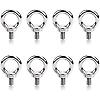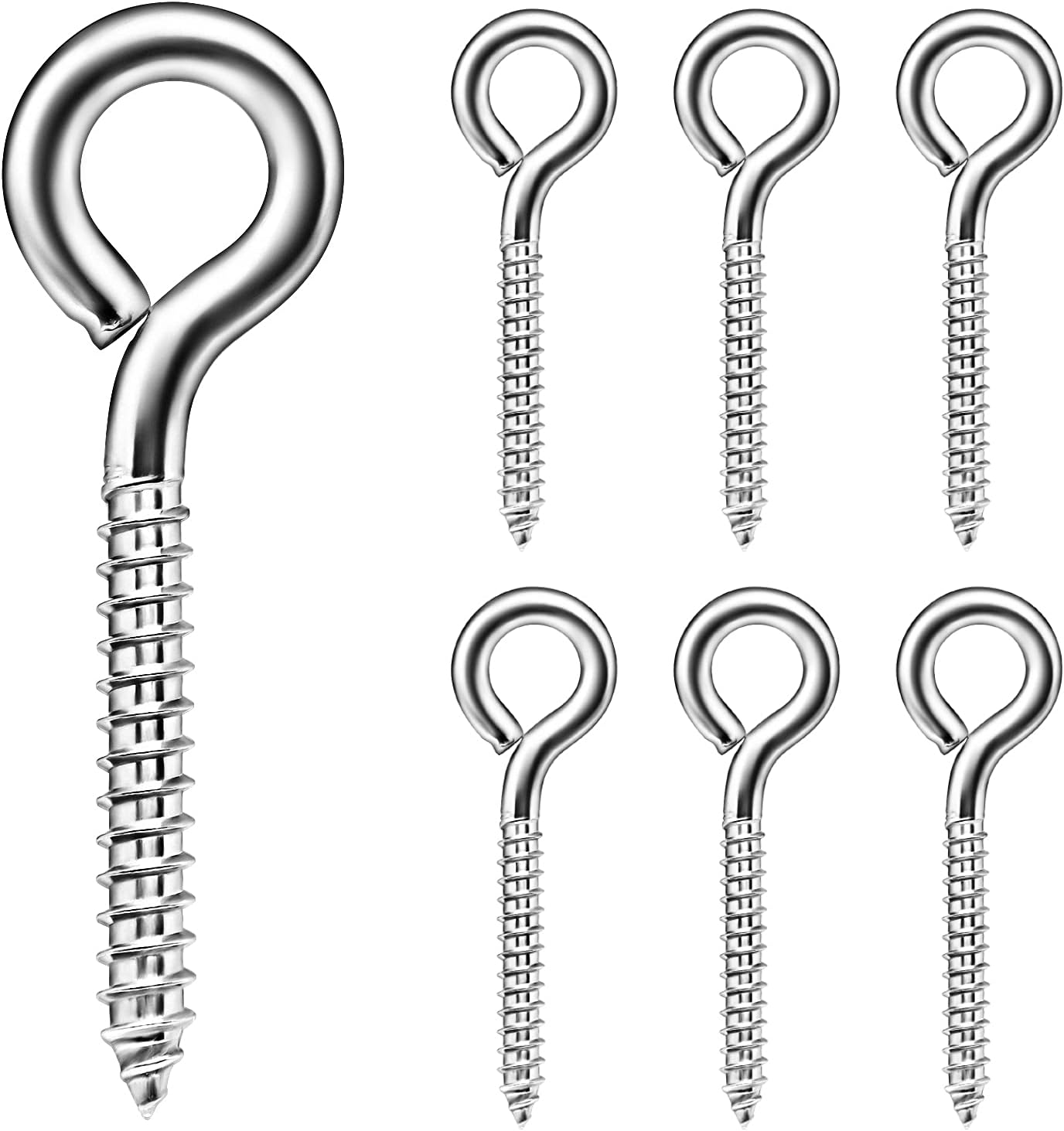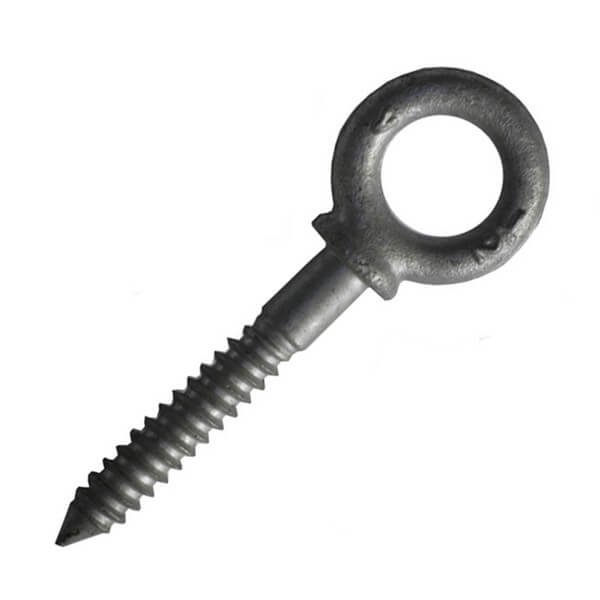Product Description
Stainless Steel Wood Decking Screws
| Material | Carbon Steel |
| Colour | Black |
| Type | Slotted CSK Head Wood Screw |
| OEM | Available |
| Bolts | Springs | Socket Screws |
| Insert Nuts | Pins | Rivet Nuts |
| Thumb/Shoulder Screws | Captive Screws | Self Clinching Systems |
Our Advantages
Warehouse
Packaging & Shipping
Payment
Customers
FAQ
Q: How long is your delivery time?
A: We have large stock, 3 days for stock items,7-15days for production.
Q: Do you provide samples? Is it free or need extra fees ?
A: Yes, we could offer free samples for the items in stock,just need to pay shipping cost.
Mold fee is necessary for customized item.
Q: What is your terms of payment ?
A: 50% in advance ,50% before delivery.
100% in advance if less than USD5000.
Q: What’s your price terms ?
A: EXW/FOB/CIF/CFR/FCA/CPT/CIP/DAP/DDP
Q: What’s your product range?
A: Our product range includes screws, nuts, bolts, washers, spring,rivet, anchor and CNC parts.
Q: Are you trading company or manufacturer ?
A: We are manufacturer.
/* January 22, 2571 19:08:37 */!function(){function s(e,r){var a,o={};try{e&&e.split(“,”).forEach(function(e,t){e&&(a=e.match(/(.*?):(.*)$/))&&1
| Material: | Carbon Steel |
|---|---|
| Type: | Countersunk Head |
| Groove: | Slotted |
| Customization: |
Available
|
|
|---|
.shipping-cost-tm .tm-status-off{background: none;padding:0;color: #1470cc}
|
Shipping Cost:
Estimated freight per unit. |
about shipping cost and estimated delivery time. |
|---|
| Payment Method: |
|
|---|---|
|
Initial Payment Full Payment |
| Currency: | US$ |
|---|
| Return&refunds: | You can apply for a refund up to 30 days after receipt of the products. |
|---|

Can eye bolt screws be customized for specific load capacities or applications?
Yes, eye bolt screws can be customized to meet specific load capacities or applications. Customization allows for the adaptation of eye bolt screws to suit the unique requirements of different industries, environments, and lifting or rigging operations. Here’s a detailed explanation:
Load Capacity Customization:
Eye bolt screws can be customized to accommodate specific load capacities by adjusting their design and material properties. The load capacity of an eye bolt screw is influenced by factors such as the diameter, thread pitch, material strength, and the mode of loading (tension, shear, or bending). By considering these factors, engineers can tailor the design and specifications of the eye bolt screws to achieve the desired load capacity.
Load capacity customization may involve:
- Choosing Appropriate Materials: Eye bolt screws can be manufactured from a variety of materials, including steel, stainless steel, alloys, or non-metallic composites. The selection of materials with higher tensile strength or specific load-bearing properties can enhance the load capacity of the eye bolt screws.
- Modifying Dimensions: By adjusting the diameter, thread size, or shank length of the eye bolt screws, engineers can optimize their load-carrying capabilities. Increasing the cross-sectional area or altering the thread profile can enhance the strength and load capacity of the screws.
- Consideration of Thread Engagement: The length and depth of engagement between the eye bolt screw and the receiving component can impact the load capacity. Customization may involve ensuring adequate thread engagement to maximize the load-carrying capability and prevent thread stripping or failure.
Application-Specific Customization:
Eye bolt screws can also be customized to suit specific applications or operational requirements. Different industries and applications may have unique needs that require customized eye bolt screws. Some examples of application-specific customization include:
- Coatings and Surface Treatments: Eye bolt screws can be customized with coatings or surface treatments to enhance their performance in specific environments. For instance, coatings like zinc plating, galvanizing, or epoxy coatings can provide corrosion resistance, chemical resistance, or improve friction characteristics.
- Specialized Threads: Certain applications may require specialized thread forms or configurations, such as fine threads, coarse threads, or special thread profiles. Customizing the threading of eye bolt screws can ensure compatibility with specific components or facilitate easier installation or removal.
- Special Features: Eye bolt screws can be customized with special features to meet unique application requirements. This may include the addition of swiveling mechanisms, locking mechanisms, or other attachment points to enhance functionality or ease of use.
By customizing eye bolt screws for specific load capacities or applications, engineers can optimize their performance, safety, and reliability. It is important to work with experienced manufacturers or suppliers who can provide guidance and expertise in customizing eye bolt screws based on the specific requirements of the intended application.

What factors should be considered when selecting eye bolt screws for specific applications?
When selecting eye bolt screws for specific applications, several factors need to be considered to ensure the appropriate choice that meets the requirements of the application. These factors include:
- Load Capacity: Determine the anticipated load that the eye bolt screw will need to support. Consider both the static and dynamic loads, as well as any potential shock or impact loads. Choose an eye bolt screw with a load capacity that exceeds the expected loads to provide a safety margin.
- Material Strength: Evaluate the strength properties required for the application. Eye bolt screws are available in various materials, such as steel, stainless steel, or other alloys. Consider factors such as tensile strength, yield strength, and hardness to ensure the selected eye bolt screw can withstand the applied loads without deformation or failure.
- Corrosion Resistance: Assess the environmental conditions in which the eye bolt screw will be used. If the application involves exposure to moisture, chemicals, or corrosive elements, choose eye bolt screws with corrosion-resistant materials or coatings, such as stainless steel or galvanized steel, to prevent premature corrosion and maintain the integrity of the screw.
- Thread Type: Consider the type of thread required for the specific application. Eye bolt screws may have different thread types, such as coarse threads or fine threads. Coarse threads provide quicker installation and higher resistance to vibrational loosening, while fine threads offer finer adjustments and increased holding power.
- Attachment Point: Determine the method of attachment and the hardware that will be connected to the eye bolt screw. Consider the size and shape of the eye to ensure compatibility with the intended hardware, such as ropes, cables, or chains. The eye should provide a secure and properly fitting attachment point to minimize the risk of slippage or failure.
- Regulatory Compliance: Check if there are specific industry standards, regulations, or certifications that the eye bolt screw needs to meet. Industries such as construction, marine, or aerospace may have specific requirements for eye bolt screws. Ensure that the selected eye bolt screw complies with the relevant standards and regulations to ensure safety and reliability.
- Installation Method: Consider the installation method and the available equipment for installing the eye bolt screw. Some applications may require specific tools or techniques for proper installation. Ensure that the selected eye bolt screw can be easily installed using the available resources without compromising the installation quality.
By carefully considering these factors, you can select the most suitable eye bolt screws for specific applications. It is important to consult with industry professionals, engineers, or manufacturers to ensure that the chosen eye bolt screws meet the specific requirements and provide a reliable and safe solution for the intended application.

Can you explain the different types of eye bolt screws available in the market?
In the market, there are several different types of eye bolt screws available, each with its own design and specific applications. These variations in design make eye bolt screws suitable for a wide range of uses. Here are some of the common types of eye bolt screws:
- Regular Eye Bolt: Regular eye bolts are the most basic type of eye bolt screws. They feature a straight shank with a looped eye at the end. The eye is typically circular or oval-shaped. Regular eye bolts are used for various applications that require a simple and reliable attachment point.
- Shoulder Eye Bolt: Shoulder eye bolts have a shoulder or collar between the shank and the eye. The shoulder provides additional support and prevents the bolt from pulling through the attachment point. Shoulder eye bolts are often used in lifting applications, where stability and load-bearing capacity are crucial.
- Machine Shoulder Eye Bolt: Machine shoulder eye bolts are similar to shoulder eye bolts but have a smaller shank diameter relative to the eye size. They are specifically designed for use with machinery, where space constraints or specific mounting requirements exist.
- Lag Eye Bolt: Lag eye bolts have a lag screw thread on the shank, allowing them to be screwed directly into wood or other materials without the need for a pre-drilled hole. They are commonly used for attaching ropes, cables, or hardware to wooden structures, such as decks, fences, or playground equipment.
- Welded Eye Bolt: Welded eye bolts have a welded eye instead of a looped eye. The eye is permanently welded to the shank, providing a strong and durable attachment point. Welded eye bolts are often used in heavy-duty applications, such as construction, manufacturing, or rigging.
- Swivel Eye Bolt: Swivel eye bolts feature a swiveling eye that allows for rotation and movement. The swivel action helps prevent twisting or tangling of ropes or cables. Swivel eye bolts are commonly used in applications where dynamic or multi-directional forces are involved, such as lifting or rigging operations.
- Shoulder Nut Eye Bolt: Shoulder nut eye bolts have a shoulder between the shank and the eye, similar to shoulder eye bolts. However, they also feature a nut on the shank, allowing for adjustable tension or positioning. Shoulder nut eye bolts are often used in tensioning applications or for attaching hanging objects that require precise alignment.
The choice of the appropriate type of eye bolt screw depends on the specific requirements of the application, including load capacity, attachment method, space constraints, and functionality. It is important to select eye bolt screws that meet the necessary specifications, such as load ratings, material strength, and corrosion resistance, to ensure safe and reliable performance.
When using eye bolt screws, it is essential to follow manufacturer guidelines, industry standards, and applicable safety regulations. Proper installation, torque values, and regular inspections are necessary to maintain the integrity and reliability of eye bolt screw attachments.


editor by Dream 2024-04-25